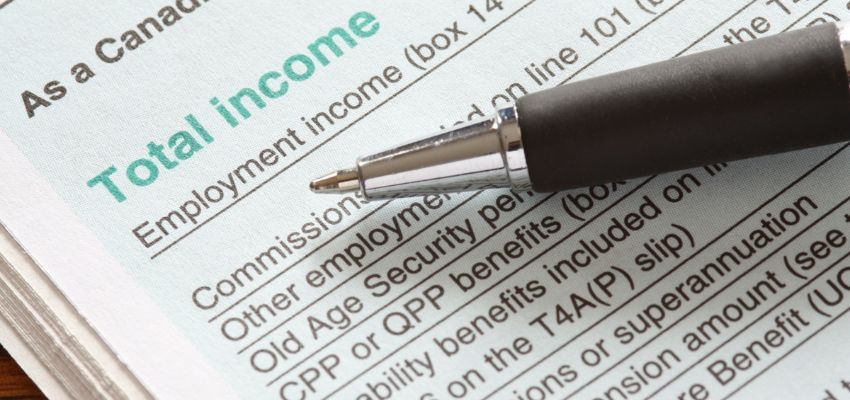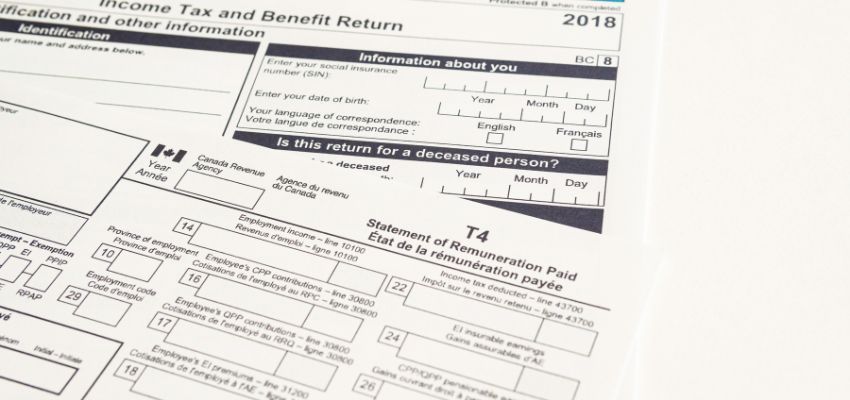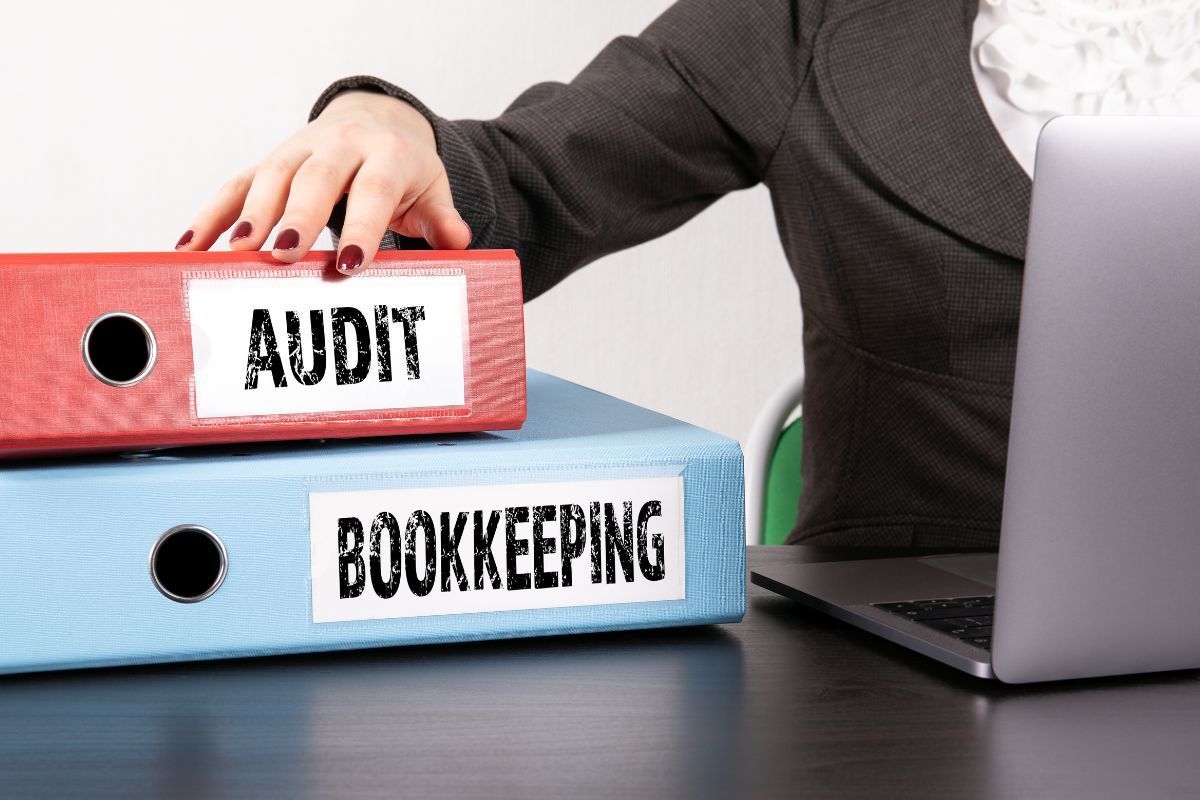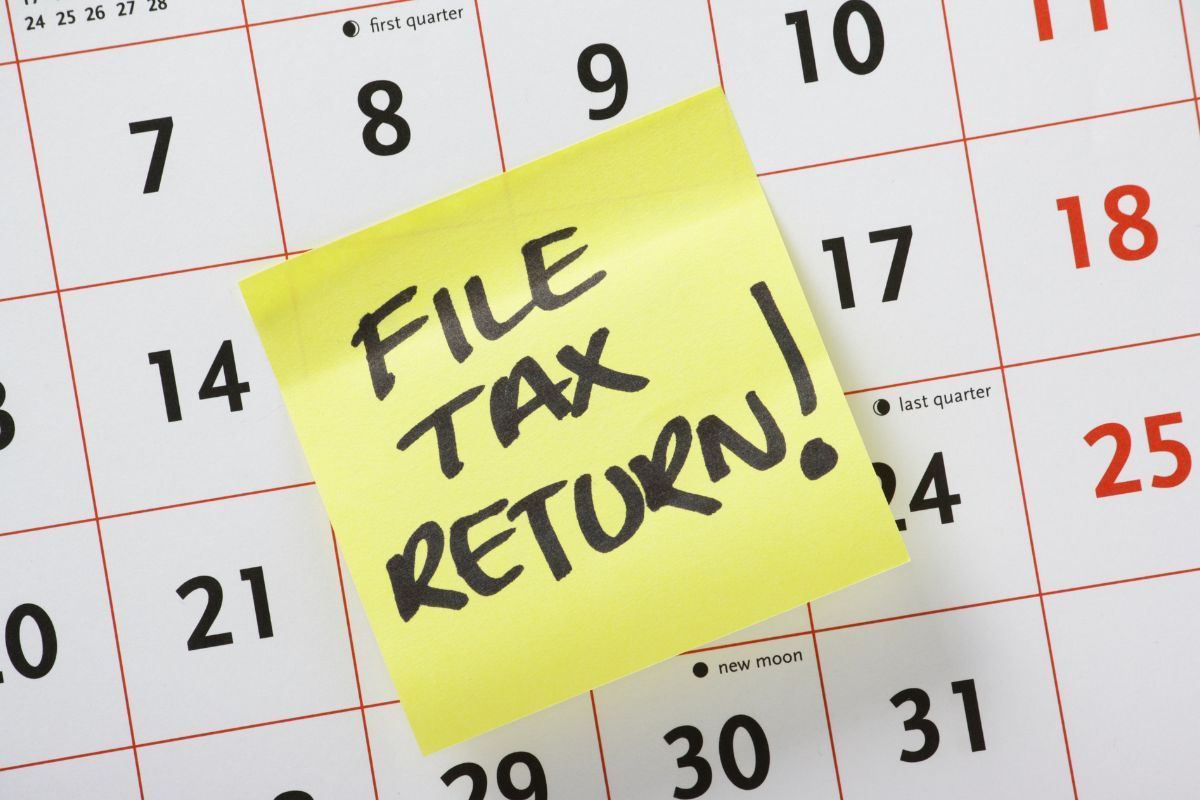When Are Taxes Due 2025: File Your Canadian Taxes On Time
Tax season can feel overwhelming, but it doesn't have to be! Many dread this time of year, fearing the potential for mistakes and stress. With the proper knowledge and preparation, filing taxes doesn't have to be daunting. You can turn it into a manageable and even rewarding experience.
In this article, we'll explore the critical details of the 2025 Canadian tax season, focusing on when taxes are due 2025. We’ll cover important dates, changes, and strategies for maximizing your return.
When Is Tax Season In 2025?
The Canadian tax season for 2025 runs from January 1 to April 30. This period is crucial for organizing financial documents and preparing your tax return. Early preparation is crucial for self-employed individuals and those with multiple income sources.
Tax Filing Deadline 2025
If you're wondering when are taxes due Canada 2025, the deadline for submitting your tax return is April 30, 2025. Any outstanding tax balance must be paid by this date to avoid interest charges. The Canada Revenue Agency (CRA) will launch its NETFILE service on February 17, 2025, allowing for electronic tax submissions. If you’re self-employed, you have until June 15, 2025, to file your tax return. However, any taxes owed are still due by April 30.
Extensions And Penalties For Late Filing
If you cannot meet the April 30 deadline, you can request a filing extension, typically granting an additional six months. However, this extension only applies to the filing process and doesn’t extend the deadline for any taxes owed.
Failing to file on time can result in hefty penalties and interest charges. It’s crucial to file by the deadline or request an extension in advance.
Important Updates For The 2025 Tax Season
Each year, the Canadian tax system undergoes changes that can affect the filing process. Here are the key updates to consider for the upcoming 2025 tax season:
- New tax credits and deductions. In 2025, new and expanded tax credits will be introduced. These credits focus on enhancing energy efficiency, supporting childcare, and lowering tax liability.
- Increased RRSP contribution limit. The Registered Retirement Savings Plan (RRSP) contribution threshold has been raised to $32,490, up from $31,560 in 2024. By utilizing any unused contribution room, you can maximize your tax benefits.
- Increased RESP contribution limits. Families can now contribute up to $50,000 for each child throughout the lifetime of a Registered Education Savings Plan (RESP). Government grants enhance this contribution and add benefits.
- Tax bracket adjustments. Annual inflation adjustments will raise income thresholds. This change could lower your tax bill. It allows more of your income to fall within lower tax brackets.
- Tax-free First Home Savings Account (FHSA). The First Home Savings Account (FHSA) allows tax-free contributions of up to $40,000 in 2025, offering a great savings opportunity for first-time homebuyers.
- Climate Action Incentive (CAI). Individuals in provinces affected by the federal carbon tax will still receive CAI payments. However, payment amounts or eligibility may change.
Staying updated helps you prepare for tax season. It also allows you to make informed decisions that can positively impact your financial situation.

What Filing Options Are Available?
When it comes to filing your taxes, you have several options to consider:
- Online filing. Online tax software makes filing your taxes convenient and efficient. It often provides step-by-step guidance to simplify the process.
- Paper returns. Although still an option, filing by mail tends to be slower and more susceptible to errors. Paper returns can lead to longer processing times, potentially delaying your refund. The lack of automated checks in online filing raises the chances of mistakes.
- Tax professional. For complicated tax situations, it's wise to hire a professional. They can ensure your return is accurate and help you optimize deductions. With their expertise, they can maneuver the complexities of tax laws and regulations.
Essential Documents For The Tax Filing Process
Before starting the tax filing process, gather all necessary documents. This will ensure a smooth and accurate experience. Here's a list of essential documents you should prepare:
- T4 slips for employment income. These slips summarize your total employment income and deductions for the year. They provide a clear overview of your earnings and tax withholdings.
- Receipts for deductions. Track all relevant receipts for deductions. This includes charitable donations to registered organizations, medical expenses over a certain threshold, and tuition fees for yourself or eligible dependents. These can significantly lower your taxable income.
- Personal information. Keep your Social Insurance Number (SIN) handy. If applicable, remember the SINs of any dependents. This information is essential for accurate identification in the tax system.
- Tax forms for self-employed individuals. If you're self-employed or have other income, gather your tax forms. Be sure to include the T2125 to report your business income. This form outlines the income and expenses from your business activities.
- Investment statements. These documents are essential for reporting capital gains, losses, and investment income. They summarize your investment activities for the year. This helps you accurately report earnings from stocks, bonds, and other investments.
- RRSP/TFSA contribution details. Include your Registered Retirement Savings Plan (RRSP) and Tax-Free Savings Account (TFSA) contributions. Don't forget to mention any unused contribution room from previous years. This can help you maximize tax benefits and contribute effectively to your savings goals.
Prepare all essential documents before starting your tax filing. This can simplify the process and reduce the likelihood of errors or omissions, making tax season less stressful.
Tax Credits And Deductions
Claiming the correct tax credits and deductions can significantly impact your return or the refund you receive. Some of the key options include:
- Canada Child Benefit (CCB). This monthly program offers financial assistance. It’s available to eligible families with children under 18. The amount you receive depends on your family income, ensuring that those needing it most get extra help with raising children.
- Medical expenses. You can claim various medical expenses. These include prescription drugs, dental work, vision care, and some procedures not covered by provincial health plans. This credit is especially beneficial for families facing high medical costs, offering relief for unexpected healthcare expenses.
- RRSP contributions. Contributing to a Registered Retirement Savings Plan (RRSP) helps you save for retirement. It also reduces your taxable income for the year. This can result in a larger tax refund, enabling you to reinvest those funds for future growth.
- Home Buyer's Amount. If you're a first-time homebuyer, you may qualify for a non-refundable tax credit under the Home Buyer's Amount. This credit can help lessen the financial burden of buying your first home, providing some relief as you manage the costs of homeownership.
- Educational credits. These credits benefit students or individuals with educational expenses such as tuition, textbooks, and student loan interest. Claiming them can reduce your taxable income. This may lead to a refund, making education more affordable.
You can improve your financial status by maximizing these tax credits and deductions. They help you maximize the benefits available to you.
Tips For A Seamless Tax Filing Process
Navigating the tax filing process can be challenging. However, with proper preparation and organization, it becomes much more manageable. Here are essential tips to simplify your tax filing:
Stay Organized
Maintaining orderly documents and receipts is essential. Create a dedicated folder or digital file for each category. Include income statements, medical expenses, and charitable donations. This systematic approach saves time and reduces stress as the filing deadline approaches.
Use Tax Software
Tax software can be a game-changer. These programs have built-in features that guide you and help identify credits and deductions you might overlook. Many offer user-friendly interfaces and step-by-step instructions, making it easier to file accurately.
Prepare In Advance
Don't wait until the last minute for tax preparation. Starting early gives you plenty of time to gather the necessary documents. It also allows you to tackle issues like missing paperwork or unexpected tax liabilities. A proactive approach helps you avoid the stress of last-minute filing.
Evaluate Your Return
Before submitting your tax return, review it carefully and double-check all numbers and information for accuracy. Errors can likely lead to processing delays and potential penalties. Having a trusted friend or family member review it can provide an additional perspective.
Hire A Tax Professional
If your tax situation is complex, consider getting help from a tax professional. This is especially true if you have multiple income streams and investments or must navigate business deductions. Professional assistance can offer expert advice, aid you in making the most of the deductions, and ensure compliance with current tax laws. Amidst the myriad options available today, consider collaborating with Adil & Associates. Their industry expertise and qualified CPAs will streamline the tax filing process, making it a hassle-free experience.
By following these tips, you can simplify your tax filing process, reduce stress, and allow you to focus on what truly matters.
Frequently Asked Questions
What is the last date for submitting a tax return in Canada?
In Canada, the deadline for submitting your tax return is April 30. If you or your spouse or common-law partner is self-employed, you have until June 15 to file. However, you still need to deal with unpaid taxes by April 30 to prevent interest charges. Meeting these deadlines is crucial. It helps avoid late-filing penalties. It also prevents interest on any outstanding balances owed to the CRA.
What happens if you miss the tax deadline?
Missing the tax deadline in Canada can lead to several consequences. This usually includes late-filing penalties of 5% of the outstanding balance. An additional 1% is added each month, and the return is delayed. This continues up to a maximum of 12 months. Additionally, late filing may delay any refunds you are owed and could cause the CRA to withhold certain benefits and credits. To reduce penalties and interest, filing your tax return and paying any outstanding amounts as soon as possible is best.
What should you do if you're unable to pay your taxes?
If you can't pay taxes in Canada, filing your tax return on time is crucial to avoid late-filing penalties. The Canada Revenue Agency (CRA) offers options to help you manage your tax debt. These include payment plans and relief provisions. Ignoring your tax duty can have serious consequences. You could face wage garnishments, asset seizures, and increased interest and penalties.

Plan Ahead For A Stress-Free 2025 Tax Season
Filing your taxes in 2025 doesn't have to be stressful. You can simplify the process and maximize your return by staying informed about important dates, such as when taxes are due 2025, tax changes, and filing options. Whether you file independently or get professional help, preparation is essential. You can confidently manage your taxes and secure your financial future with the right approach. Start planning now for a smoother filing experience!
Want more information?
Richmond Hill, ON
Calgary, AB
Vancouver, BC
Ottawa, ON
Winnipeg, MB
Hamilton, ON
Halifax, NS
Mississauga, ON
Toronto, ON
Brampton, ON
Oakville, ON
Milton, ON
Markham, ON
Vaughan, ON



